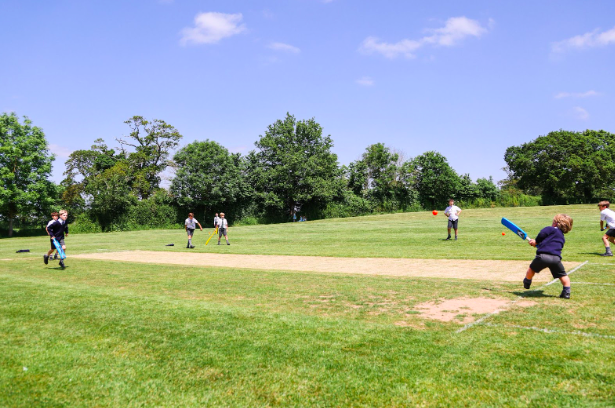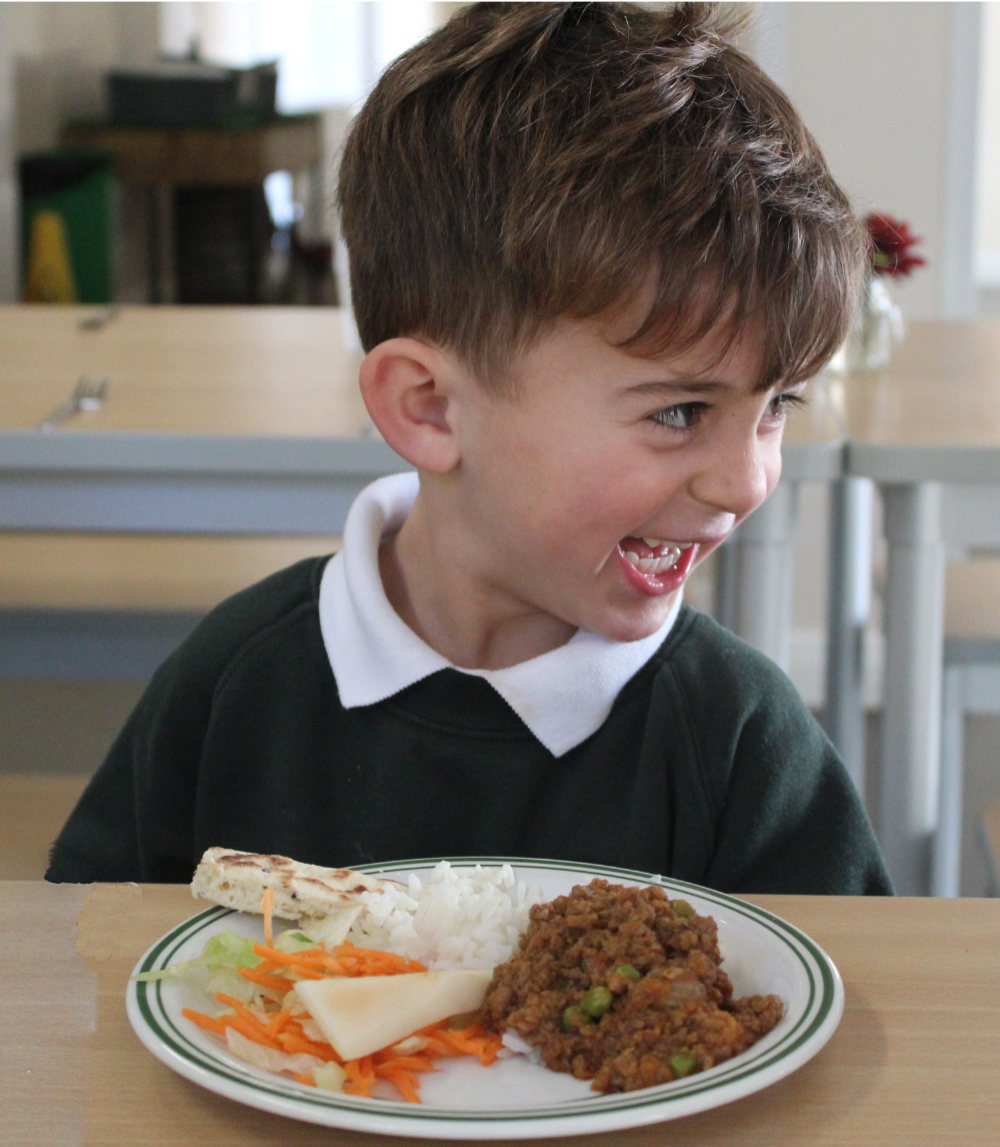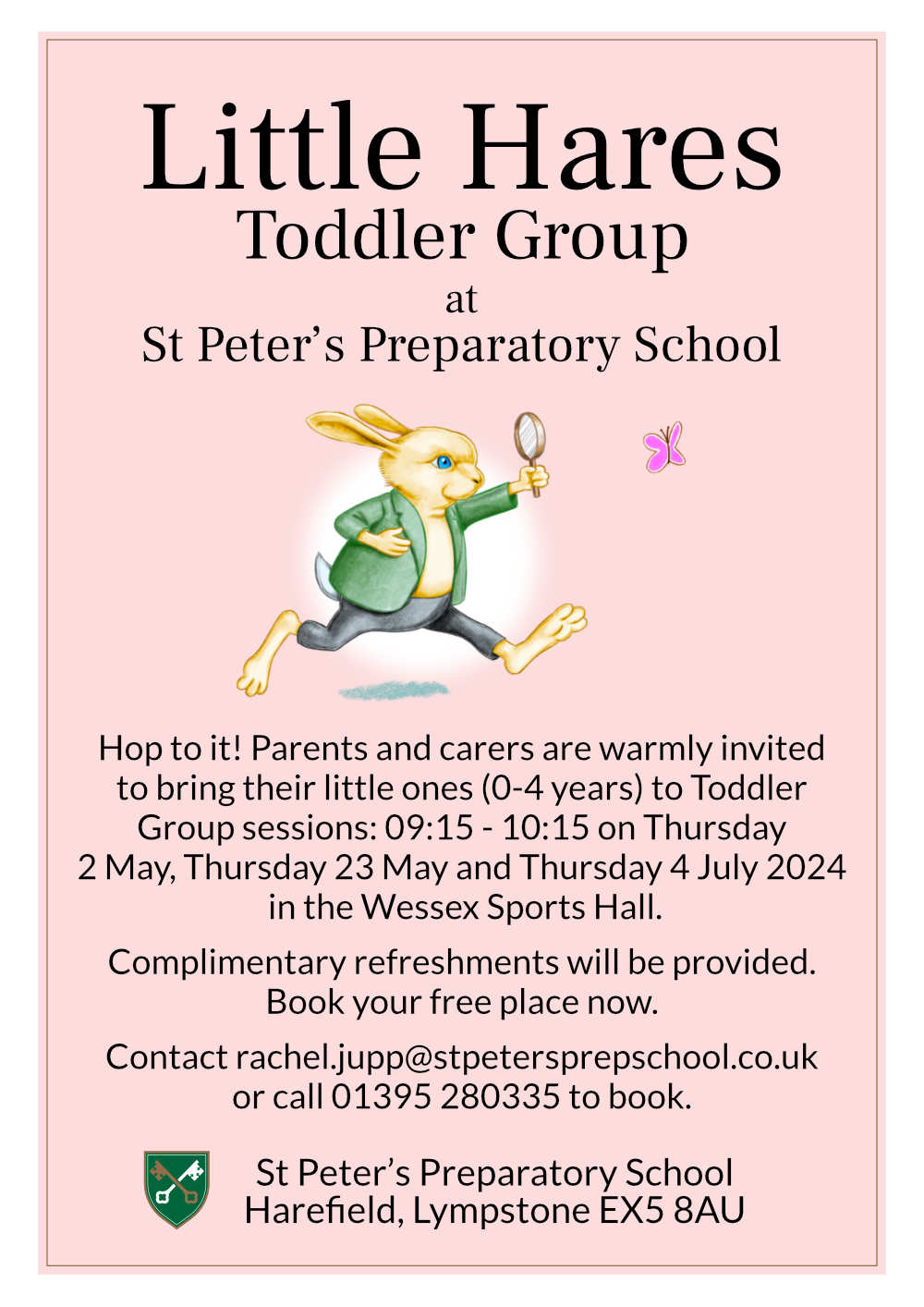Here at St Peter’s Prep, our prep school in Devon, we strongly believe in the importance of using exercises to create an array of interesting and fun learning experiences. These will help to motivate your child’s approach and attitude towards essential skills and subjects.
If you would like to establish this at home, we’ve collected some fun maths-based exercises for you and your children to enjoy together; you never know, you might learn something too!
Maths Riddles
Here are some math riddles for you and your kids to try out! You can find the answers at the bottom of the article.
- How can you add eight 8s to get the number 1,000?
- Two fathers and two sons sat down to eat eggs for breakfast. They ate exactly three eggs, each person had an egg. Explain how.
- A merchant can place eight large boxes or ten small boxes into a carton for shipping. In one shipment, he sent a total of 96 boxes. If there are more large boxes than small boxes, how many cartons did he ship?
- If you buy a cockerel for the purpose of laying eggs and you expect to get three eggs each day for breakfast, how many eggs will you have after three weeks?
- If you multiply this number by any number the answer will always be zero. What number is it?
- When Miguel was 6 years old, his little sister, Leila, was half his age. If Miguel is 40 years old today, how old is Leila?

Count Down
Inspired by the TV show, this game can be played with a number of different players.
You’ll need 4 large-number cards, these will have ‘25’, ‘50’, ‘75’ and ‘100’ on them and two sets of cards with the numbers 1-10 on them.
How to Play:
Step 1 – Mix up the large-number cards and place the cards face down.
Step 2 – Mix up the 1-10 cards and place them in a pile face down.
Step 3 – Players can then take it in turns to select either a large number card or 1-10 card until there are 6 cards laid out together.
Step 4 – By rolling a die, a 3-digit number will need to be generated.
Step 5 – The number generated will then need to be made by using any of the 6 selected numbers.
Step 6 – Each card can only be used once. The winner will be the player who is the first to reach the total, or closest to the total after an allotted time.
For a younger group of children, you can tailor the number to a 2-digit total and choose the card numbers carefully.
Bingo
Bingo is a wonderful game that can be enjoyed by any and all ages! This game of bingo takes on a multiplication twist, a great way to encourage confidence and your children’s maths skills.
To play this you will need a piece of paper on which to write numbers.
How to Play:
Step 1 – All players must write down 5 numbers. Each of the five numbers will be a multiplication of a given times table.
Step 2 – Either someone can call out multiplication questions, or the players can take it in turns to take a card from a shuffled pile of cards that will have the multiplication questions written on.
Step 3 – If a player has the answer on their bingo board, they can then cross it out. The first to cross out all the numbers wins.

Wild Jack
This fast-paced game requires a pack of cards. The aim of this game is to reach a target number.
To make the target number you will need to shuffle the pack and turn over the top two cards. If the chosen cards are either a 10 or jack, place them at the bottom of the pack and choose two more.
These numbers will create the target number, for example, 3 of diamonds and 4 of spades will create 34. Depending on the age of the child you can add more cards to increase the target number.
How to Play:
Step 1 – All picture cards apart from the jack will need to be removed from the deck. Jacks are ‘wild cards’ and will be used to represent any number between 1-10.
Step 2 – The cards will be dealt so that the players will have five each. The players can then use their cards to create an equation to reach the target number. If all cards are used the player will receive ten points if fewer cards are used the player will receive 8 points.
Guess the Rule
Rather than guessing the number, players instead have to guess the rule.
The players will give a number, and the selected person will then apply their rule to the number and tell the players the new number.
For example, if the number is 3 and the rule is the four times table, the new number will be 12. This game can be tailored to the child’s academic age by using equations etc.
Five to One
This will test your child’s verbalisation and problem-solving skills.
You will need cards with maths clues written on them. The cards will have five clues that point towards a single answer. The first clue will be the vaguest, each clue will decrease in difficulty.
How to Play:
Step 1 – The first player will choose a card and will read out the clue.
Step 2 – Player two can choose to give an answer. If they get it right, they will win their points according to the clue; the first clue equals five, the second clue will score 4 and so on. If the player gets the answer wrong, they will score zero.
Step 3 – If they choose not to guess the answer, they can pass and hear the next clue until they are confident with their answer.
Maths Riddles Answers
- 888 + 88 + 8 + 8 + 8 = 1,000
- A grandfather, his son and his grandson. The son of the grandfather is both a father and son.
- 11 cartons total. 7 large boxes (7 x 8 = 56 boxes) 4 small boxes (4 x 10 = 40 boxes. 11 total cartons and 96 boxes.
- Cockerels can’t lay eggs.
- 0
- She is 37 years old.
We hope these collective games will help you to support your child to explore and expand upon their mathematical skill sets, while also having fun together!
Here at St Peter’s Prep, we provide a traditional and progressive educational experience where we encourage children to learn in an effective and supportive environment.
To discover more about our educational opportunities at St Peter’s Prep, please contact Rachel Elliott, Director of Admissions & Marketing, on 01395 280335 or email rachel.elliott@stpetersprepschool.co.uk










